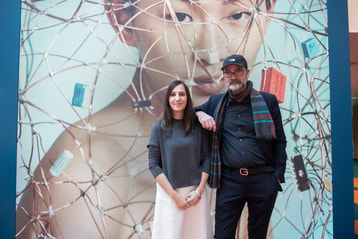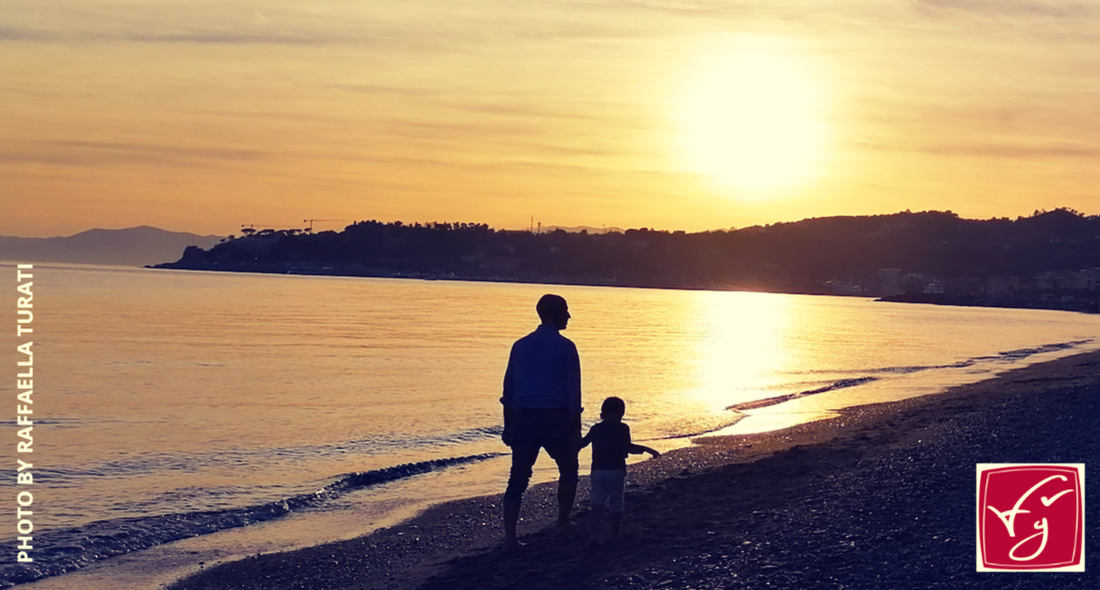The total line-up included 72 films, of which 42 were up for the competition: and the winner, as the audience decreed, is the South-Korean movie “Miracle: Letters to the President” by Lee Jang-hoon, who was awarded the Golden Mulberry. China came second and third with Li Ruijun's “Return to Dust”, and Xing Wenxiong's “Too Cool to Kill” who also collected the White Mulberry for Best Debut. The Mulberry Award for Best Screenplay (a new category) went to Jojo Hideo's “Love Nonetheless”, from Japan.
Legendary Japanese actor Takeshi Kitano, who was supposed to hit the red carpet to collect the Golden Mulberry Lifetime Achievement award, couldn't make it to Friuli at the end but attended the ceremony live, online from Tokyo on April 29: he promised he could be in Udine next year, hopefully presenting his new movie he's currently editing and finishing. And next year, it will be the 25th edition of FEFF: a milestone already scheduled from the 21st to the 29th of April, 2023.
 Sabrina Baracetti and Thomas Bertacche
Sabrina Baracetti and Thomas Bertacche At Teatro Nuovo, FEFF's headquarters near Udine's city centre, we spoke with the festival's artistic directors and co-founders Sabrina Baracetti, FEFF's President and Thomas Bertacche, the Festival General Coordinator.
They told us how they started this adventure, back in 1998, with the so called “Zero edition” on Hong Kong's filmography together with Lorenzo Codelli, a film critic from Trieste and a board member of Cineteca del Friuli, and US journalist Derek Elley, Variety's long-time resident film critic and a renowned connoisseur of Asian movies (he eventually went on writing for Film Business Asia). All of them, driven by a shared passion for Asian films, of course. «We saw movies like “Hong Kong Express” by Wong Kar-wai and it was like an inspiration – said Baracetti – as well as movies by John Woo. And we went on a search for more, it was like a discovery. And we went off the beaten track by choosing popular movies, not the avant-garde cinema one is used to in film festivals». Movies that local people actually went to see in theatres there, and Hong Kong was the hot spot back then, with its own star system and a style influencing other Asian neighbours.
«We had already been organizing events about genre films for three years – Bertacche told us – about Italian cinema in the 50's and 70's and European western movies. We wanted to find something similar to the Italian moviemaking industry of that era, when they produced a lot of movies, in tight deadlines and of all genres, and we found Hong Kong. After that Zero edition, we decided to take a wider look at other Asian countries and we were lucky, because in '99 is when South Korean cinema began to flourish – now it's the talk of the town, especially after the Oscar in 2020, but it all began back then».
Far East Film Festival's specialization in the Far East countries' film industry gradually made Udine a major hub for cinema professionals, producers and distributors, who come to Friuli Venezia Giulia every year looking for the next big thing and to promote their works. «For many films, this festival represents their first placement on the international market – said Baracetti – like for our opening movie, “The Italian Recipe” (an Italian-Chinese production) which was a world première».
Actually, 2022 was the first edition in full presence after two years. «Usually, in past editions, we used to host aperitivos here with local producers' wines and offer them to our guests, along with San Daniele ham and Montasio cheese – explained Baracetti – Next year we definitely plan to start it again. A local winemaker who took part to these happy hours, made friends with a Japanese film producer and now he's exporting his wines there!». A trend that could be setting for others in the future, as many visitors too come from abroad to watch the movies and wine tourism could in Friuli Venezia Giulia be attractive to them just as the festival. «They're really our heroes – commented Baracetti about foreign visitors – because many of them will have to quarantine when they get back to their country. And yet, they didn't want to miss out on us».
That sure speaks louder than words as to the Far East Film Festival's international relevance, with audience coming from as far as the US, France, Germany, UK and Hong Kong too: «We had the biggest response ever this year – stated Bertacche – I guess people just couldn't stand to be locked up anymore. And ours was the first, real cinema event to attend after the pandemic broke out, as the last one was the Berlin Festival in February 2020. Events like this, bringing people together from many parts of the world, at least can help thinking of a different world than the one we're living in».


 RSS Feed
RSS Feed